10 Best Musical Instruments for Beginners: A Comprehensive Guide
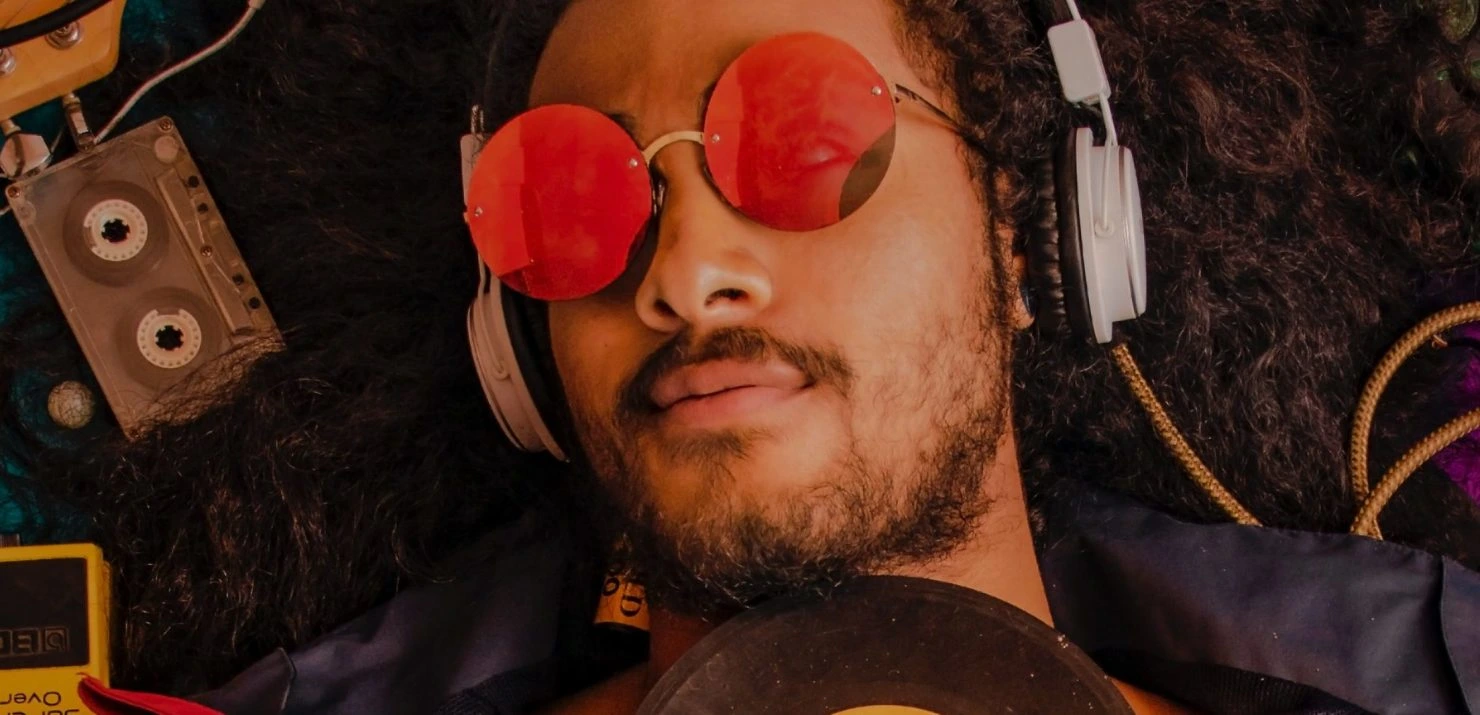
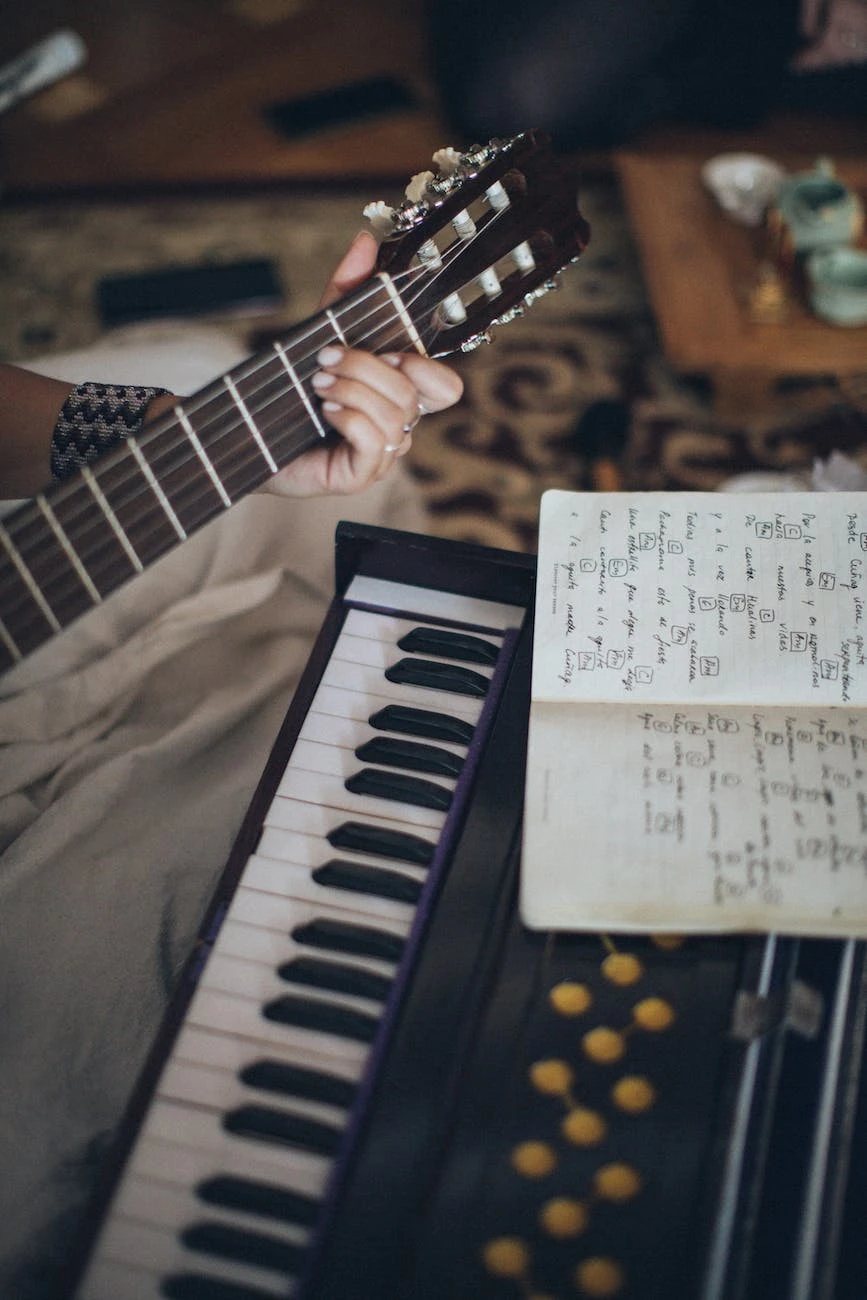
Music
Introduction
Choosing the right musical instrument as a beginner is a crucial decision that can significantly impact your musical journey. With a multitude of options available, it’s important to consider various factors before making a choice. In this comprehensive guide, we will explore the ten best musical instruments for beginners, providing valuable insights to help you make an informed decision.
Piano
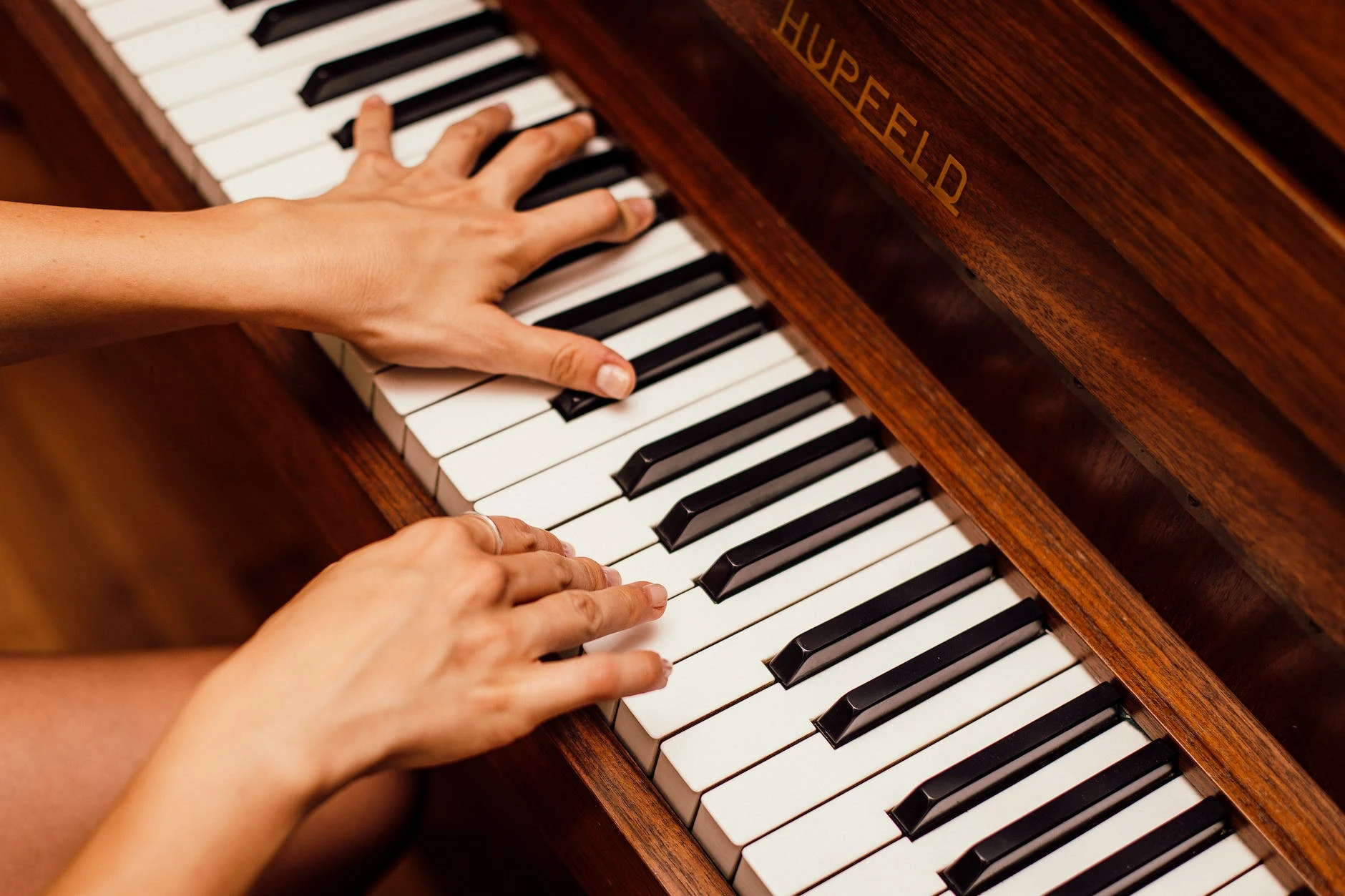
The piano is a versatile and popular choice for beginners. Its full range of notes and logical layout make it an excellent instrument to start with. Learning to play the piano offers numerous benefits, including improved hand-eye coordination, enhanced cognitive skills, and the ability to express creativity. When purchasing a beginner piano, consider factors such as your budget, available space, and the instrument’s quality.
Guitar
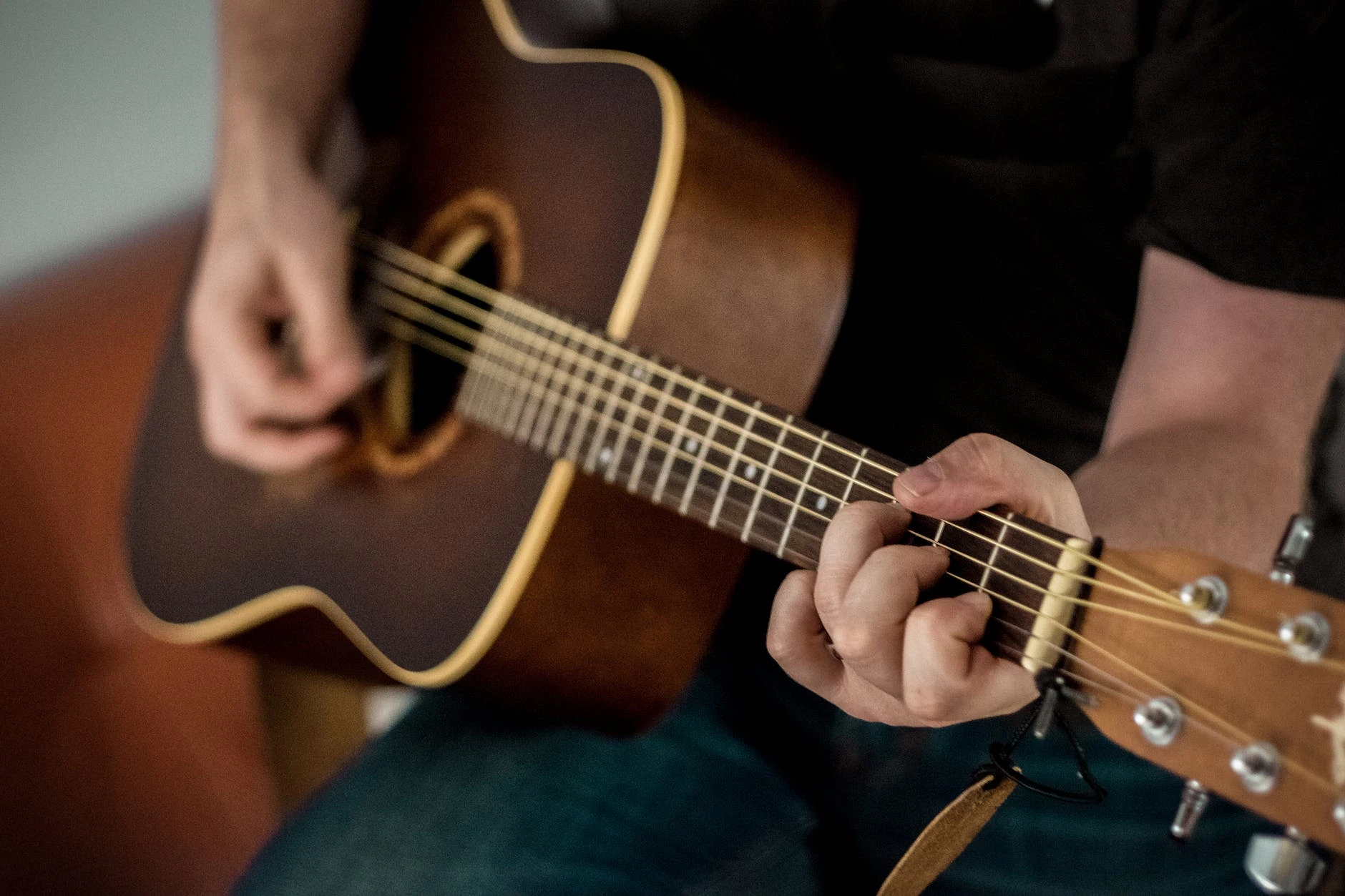
The guitar is another fantastic choice for beginners, given its widespread appeal and versatility. It allows you to play various music genres and offers a great opportunity for self-expression. Learning to play the guitar enhances finger dexterity, promotes patience and discipline, and provides a sense of accomplishment. When buying a beginner guitar, consider factors such as the type of guitar (acoustic or electric), size, and playability.
Violin
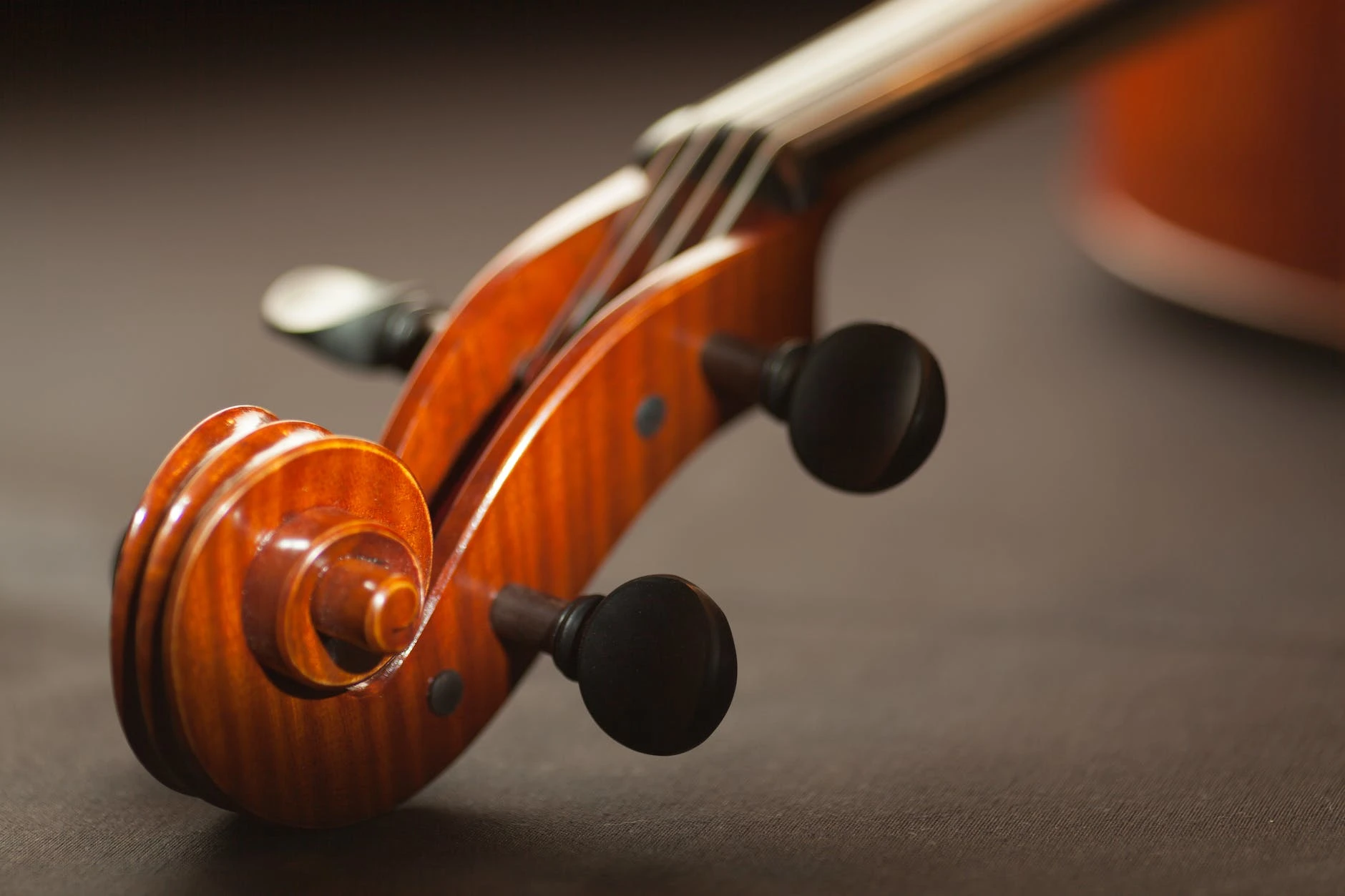
The violin is a beautiful instrument that captivates both players and listeners. It offers a unique and expressive sound that can evoke powerful emotions. Learning to play the violin improves fine motor skills, fosters discipline and focus, and enhances auditory perception. When selecting a beginner violin, consider factors such as size, materials, and craftsmanship.
Drums
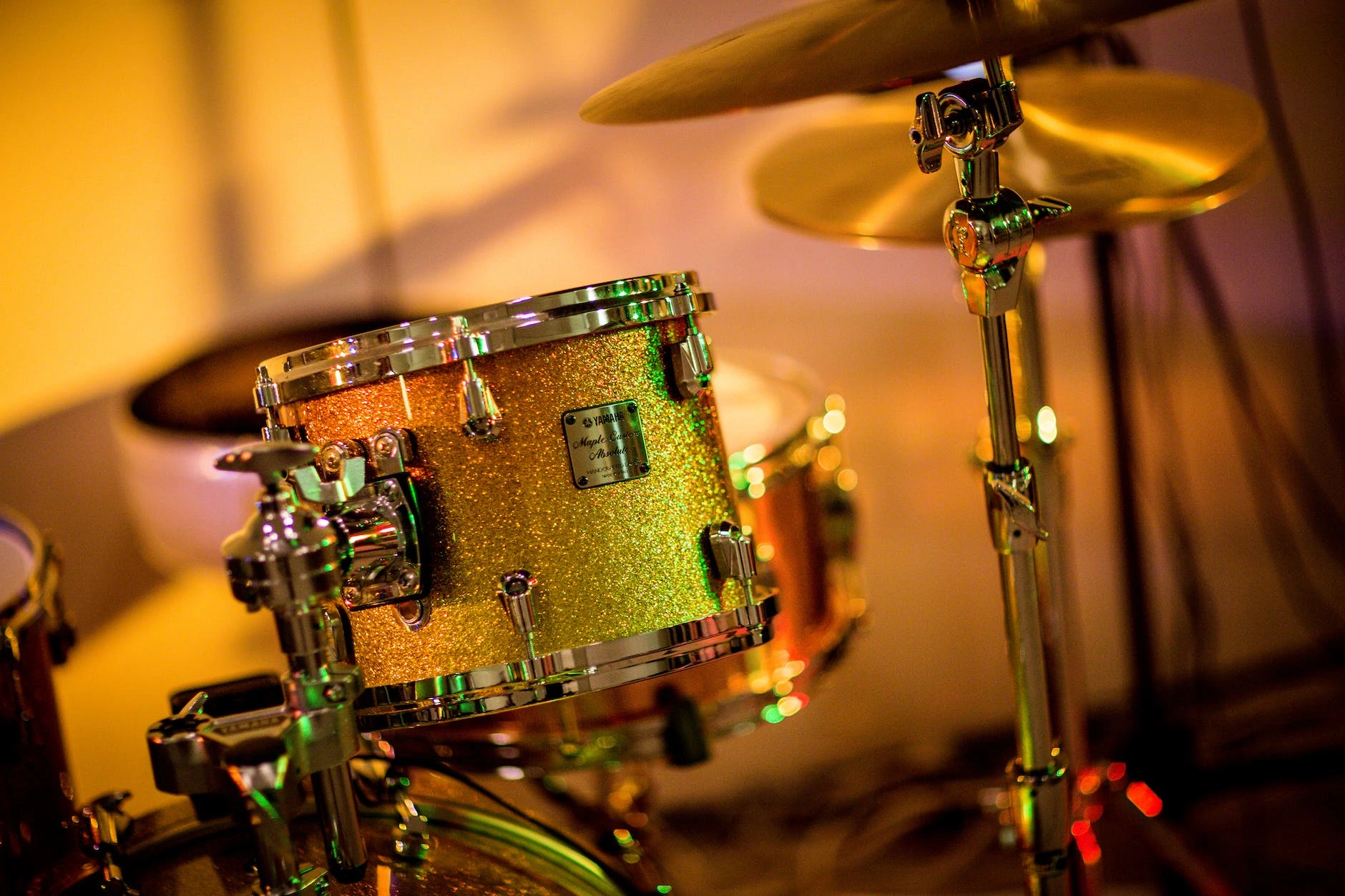
Drums are an exciting choice for beginners who enjoy rhythm and percussive sounds. Learning to play the drums improves coordination, timing, and concentration. It allows you to explore various music genres and provides a dynamic and energetic experience. When buying a beginner drum set, consider factors such as the type of drums (acoustic or electronic), size, and durability.
Flute
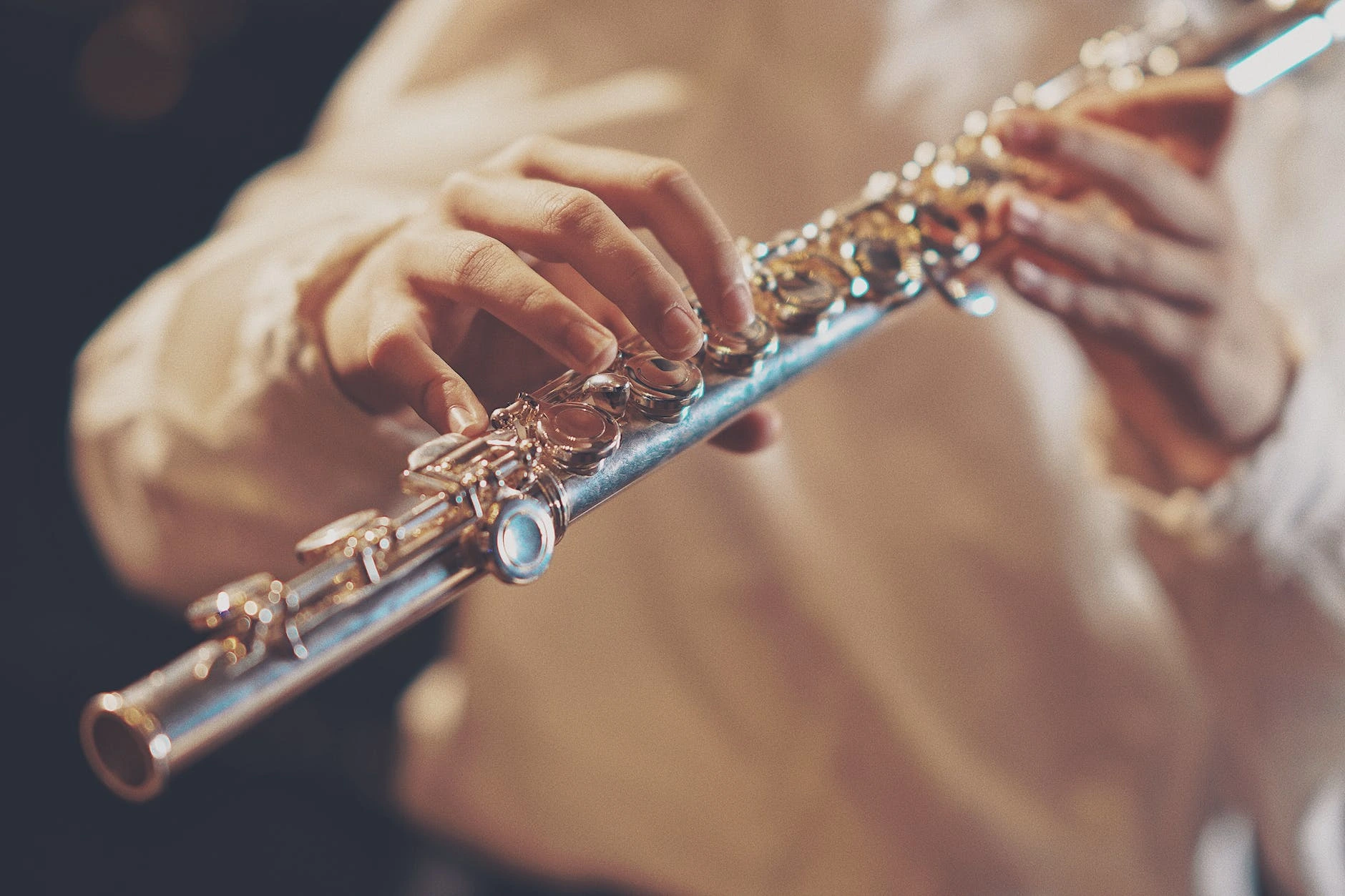
The flute is a delicate and melodic instrument that offers a unique musical experience. Learning to play the flute improves breath control, finger coordination, and musical expression. It is a versatile instrument that can be played in various genres, from classical to contemporary music. When choosing a beginner flute, consider factors such as material, key system, and playability.
Ukulele
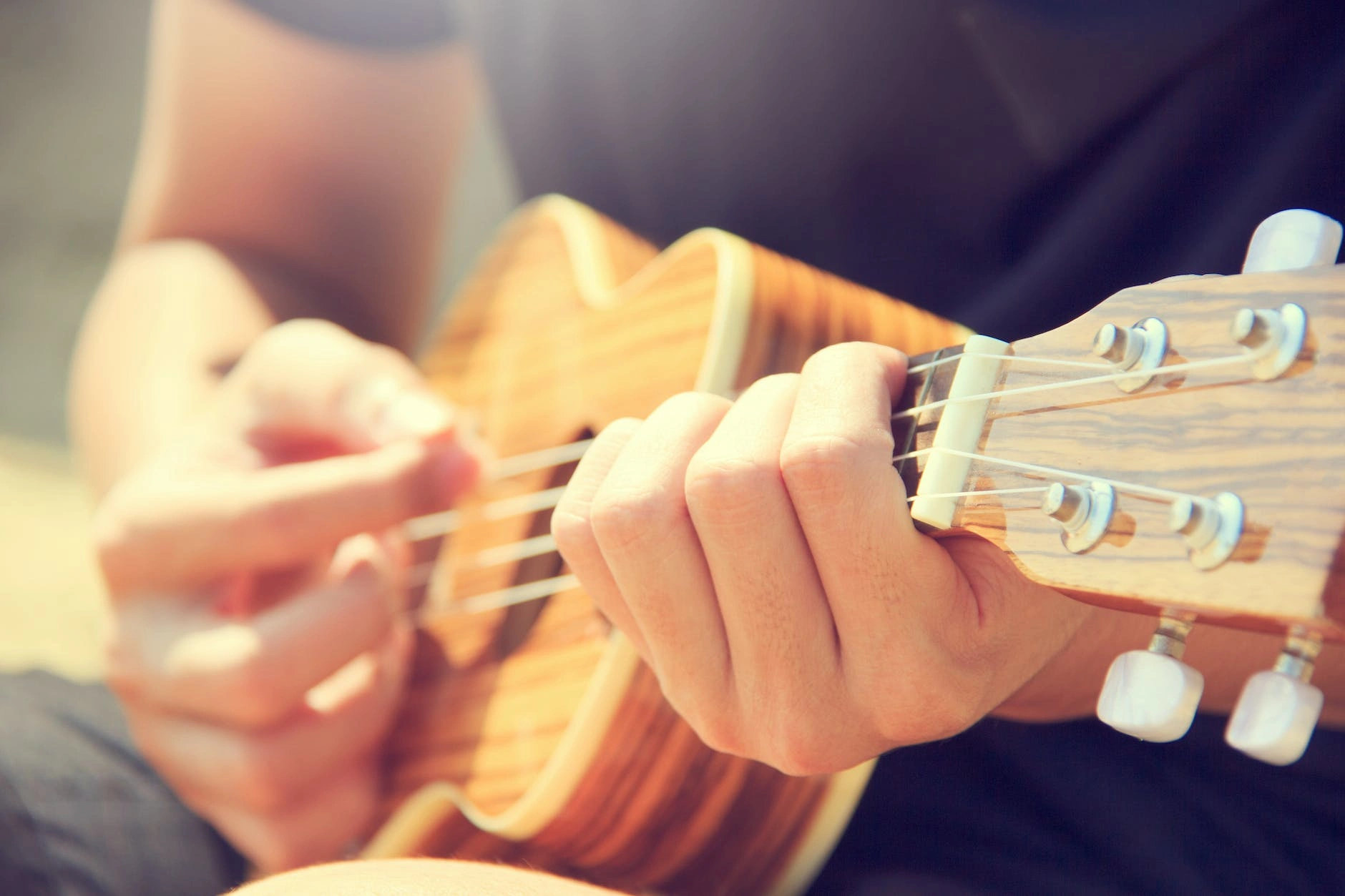
The ukulele is a small, four-stringed instrument that brings joy and a tropical vibe to music. It is relatively easy to learn and perfect for beginners. Learning to play the ukulele enhances finger strength, rhythm, and chord progression knowledge. It is a portable instrument that can be played in various settings. When purchasing a beginner ukulele, consider factors such as size, material, and sound quality.
Saxophone
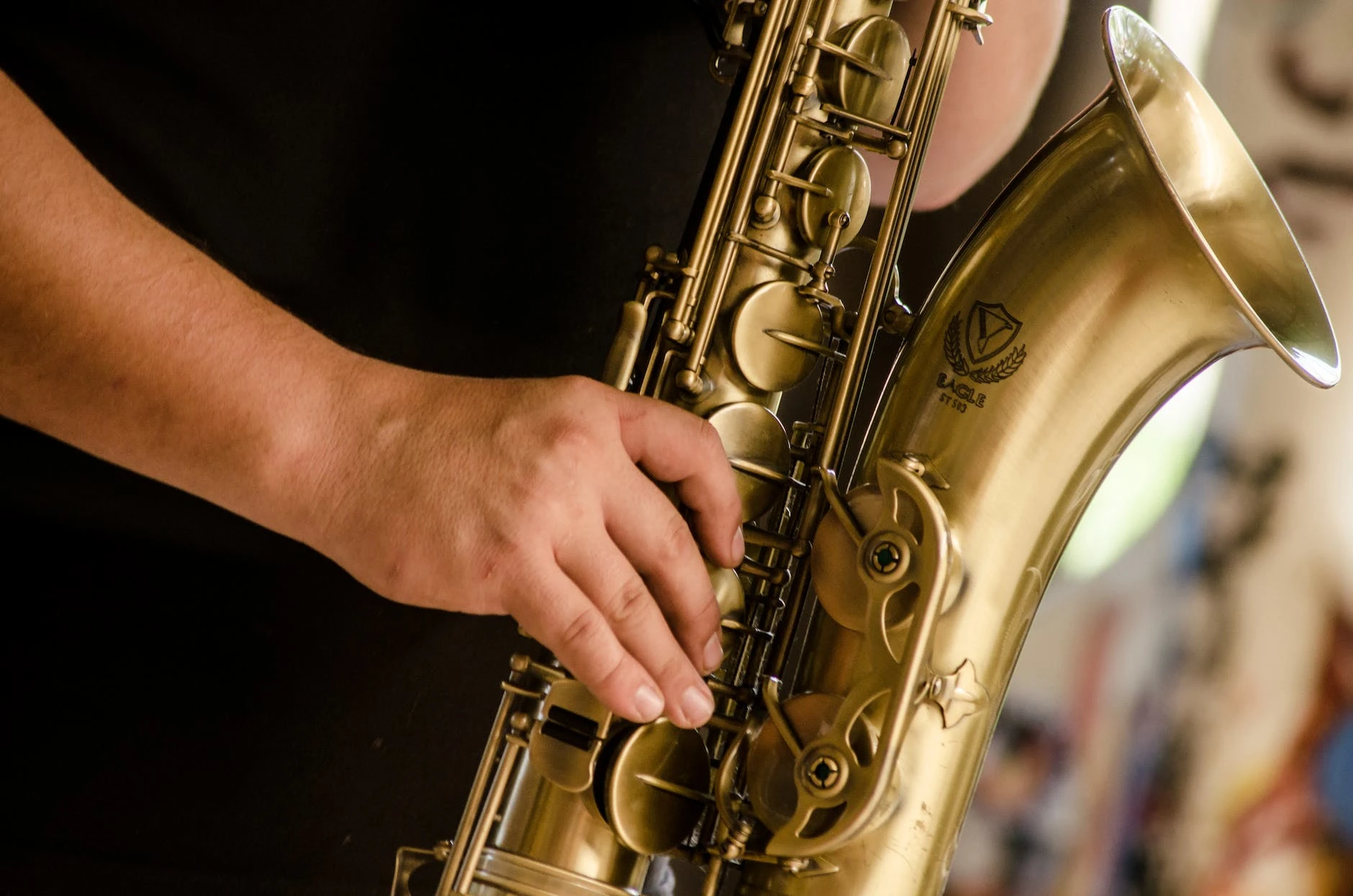
The saxophone is a versatile instrument with a rich and soulful sound. It finds its application in a wide range of musical genres, including jazz, classical, and contemporary music. Learning to play the saxophone improves breath control, finger agility, and musical expression. When choosing a beginner saxophone, consider factors such as the type of saxophone (alto, tenor, etc.), key system, and overall playability.
Trumpet
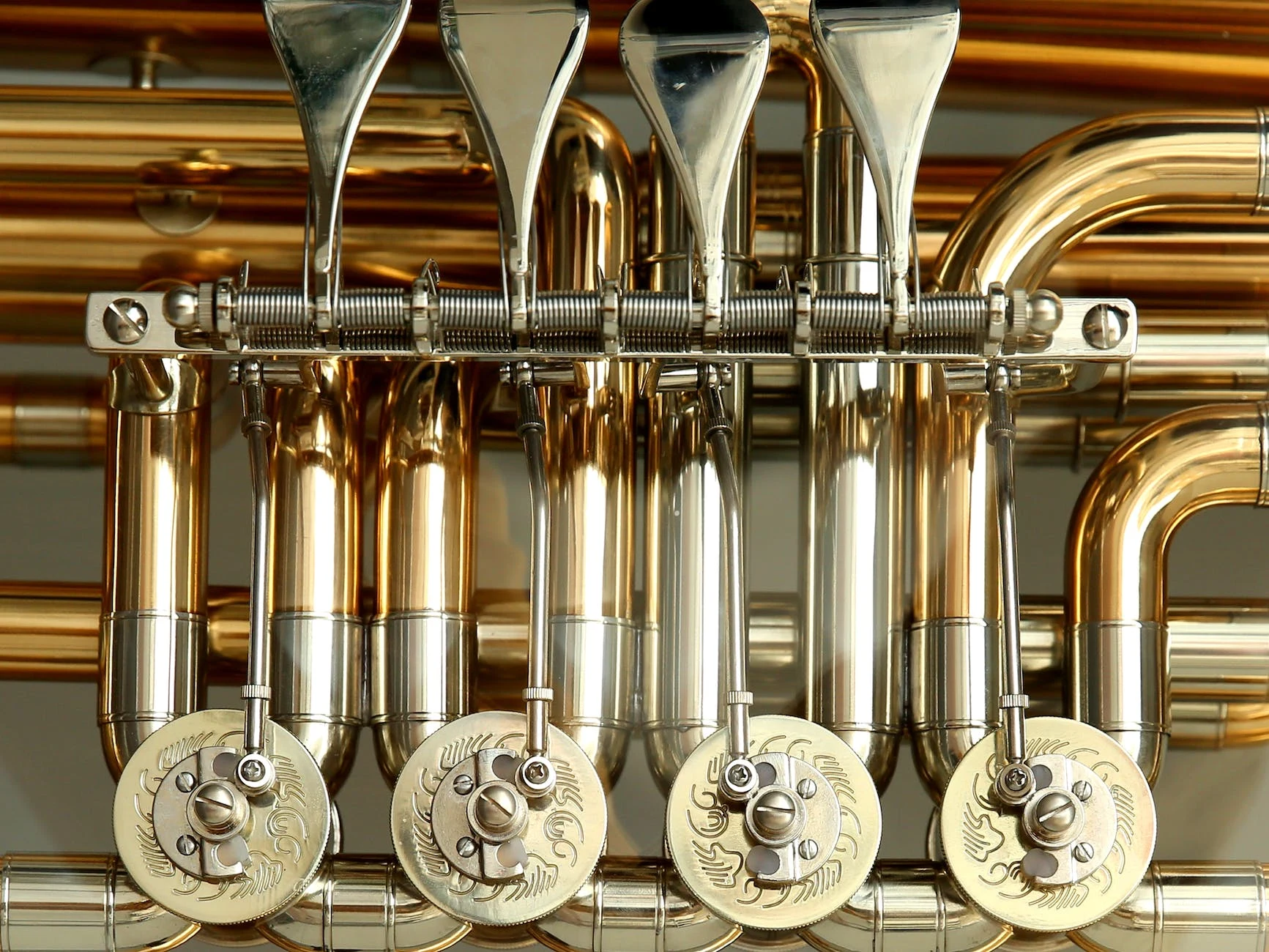
The trumpet is a brass instrument known for its bright and vibrant sound. Learning to play the trumpet enhances lip strength, breath control, and musical interpretation. It is a versatile instrument used in various genres, including jazz, classical, and marching bands. When buying a beginner trumpet, consider factors such as the quality of materials, valve action, and sound projection.
Clarinet
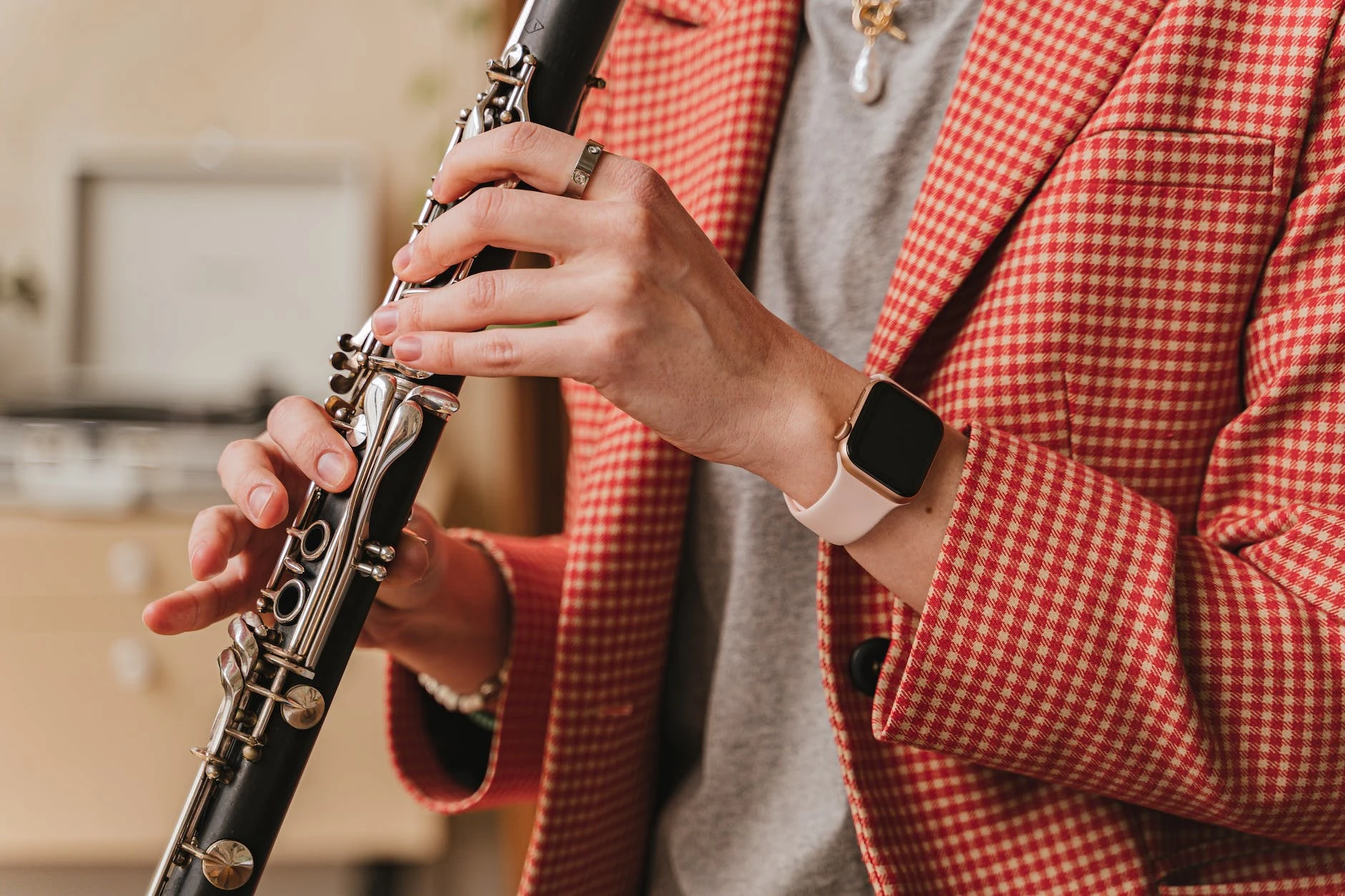
The clarinet is a versatile woodwind instrument with a distinctive and expressive sound. Learning to play the clarinet improves breath control, finger dexterity, and musical phrasing. It is commonly used in classical, jazz, and marching band settings. When selecting a beginner clarinet, consider factors such as the quality of materials, key system (e.g., Boehm or Albert), and overall playability.
Keyboard

The keyboard is a versatile instrument that offers a wide range of sounds and musical possibilities. It is an excellent choice for beginners who want to explore different genres and styles of music. Learning to play the keyboard improves hand coordination, music theory knowledge, and creativity. When purchasing a beginner keyboard, consider factors such as the number of keys, touch sensitivity, and additional features like built-in lessons or recording capabilities.
Conclusion
Choosing the right musical instrument as a beginner is a personal and exciting journey. Each instrument offers unique experiences, benefits, and challenges. Consider your musical preferences, learning goals, and budget when making a decision. Remember to try out different instruments, seek guidance from music teachers or experienced musicians, and most importantly, follow your passion.
FAQs (Frequently Asked Questions)
Can I learn to play a musical instrument as an adult beginner?
Absolutely! It’s never too late to start learning a musical instrument. With dedication, practice, and the right guidance, adults can make significant progress and enjoy the process of learning music.
How much time should I dedicate to practicing a musical instrument as a beginner?
Consistency is key when learning a musical instrument. Aim to practice for at least 20-30 minutes every day. Regular practice will help you build muscle memory, develop your skills, and progress faster.
Should I take formal lessons or learn on my own?
Taking formal lessons from a qualified music teacher can provide valuable guidance, feedback, and structured learning. However, if formal lessons are not feasible, there are also excellent online resources and tutorials available to help you learn on your own.
How long does it take to become proficient in playing a musical instrument?
The time it takes to become proficient varies depending on several factors, including the instrument, your dedication, your practice routine, and your natural aptitude. It’s important to focus on the journey and enjoy the process of continuous learning and improvement.
Can I switch to a different instrument after learning one?
Certainly! Many musicians explore multiple instruments throughout their musical journey. Learning one instrument can provide a solid foundation and transferable skills that can make it easier to learn a new instrument.
Like this project
Posted May 31, 2023
10 Best Musical Instruments for Beginners: A Comprehensive Guide Introduction Choosing the right musical instrument as a beginner....
Likes
0
Views
47



